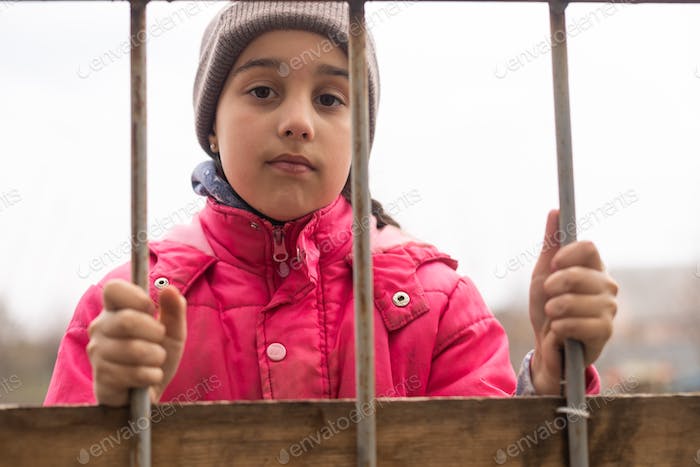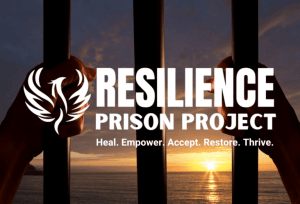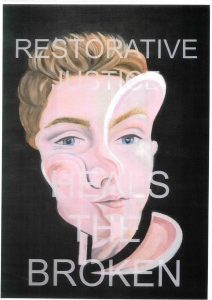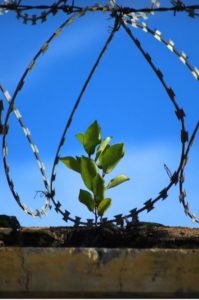The Critical Role of Trauma Informed Care in ODOC
Adverse Childhood Experiences (ACEs) have a deep impact on individuals, families and communities. Oklahoma ranks 41st with respect to ACEs in the United States. Only 40 states have lesser children experiencing such traumatic events per person. This statistic highlights a critical issue affecting numerous Oklahomans leading to several challenges, including high levels of incarceration. The Resilience Prison Project (RPP) recognizes the significance of addressing ACEs in Oklahoma. We offer Trauma-Informed, Supportive, and Practitioner courses as a means of breaking this cycle. In what follows, we will look into what ACEs are, their relevance in Oklahoma, and the importance of the work being done within correctional environments.
ACEs: A Brief Analysis
ACEs are any traumatic event or negative condition that occurs during one’s childhood. Such experiences may incorporate emotional or physical abuse or neglect, household dysfunction and substance abuse or seeing violence. Research by Centers for Disease Control and Prevention (CDC) along with Kaiser Permanente, referred to as ACEs Study, has shown that there is a strong relationship between ACEs and multiple negative health and social outcomes among adults. These include chronic diseases, mental health problems as well as involvement in criminal justice system.
Relevance for Oklahomans
Oklahoma ranking 41st in ACEs in America signifies that a significant number of its population were traumatized in their formative years. This is not only directly related to individual well-being but also leads to broader social issues which include high rates of incarceration. It is well documented that there is a relationship between criminal behavior and adverse childhood experiences (ACE). People who suffer from ACEs are more likely to engage in crime. To address ACEs does not just mean improving an individual’s life but also being part of solving a problem of crime and incarceration in the state.
Importance of Trauma-Informed Support in Correctional Environments
RPP knows there is a close connection between high levels of incarceration in the state and ACEs. To break this cycle and create healthier, more resilient communities, our organization offers Trauma-Informed, Supportive, and Practitioner courses inside ODOC. These courses give adults in custody knowledge, insight, and strategies for developing resilience, healing from trauma as well as making positive life choices. Below are a few key reasons why this work is so important :
Rehabilitation and Reintegration
In order to help adults in custody contend with the root causes of their behavior there must be a trauma-informed support provided. Thus, through healing from their childhood trauma, they can successfully reenter society following rehabilitation.
Significant reduction in recidivism rates is brought about by understanding as well as addressing ACEs. Individuals who have an opportunity to acknowledge past experiences that caused them pain are less likely to return to prison.
Community Well-being
Adults in custody are not the only beneficiaries of trauma-informed care; it also contributes to Oklahoma’s overall community wellness. Ultimately we build peaceful thriving communities by ending the connection between ACEs and incarceration thereby creating more resilience that can overcome adversities better.
Paving the Way Toward a Brighter Future
An important issue in Oklahoma is the negative experiences children go through in their early lives. It is evident that the high rates of incarceration in the state have serious ramifications. Therefore, one of the ways that has been devised to address this has been through the delivery of courses like Trauma-Informed, Supportive, and Practitioner by The Resilience Prison Project that are offered within correctional facilities. This will enable them to be able to heal from their past traumatic experiences. Also they can more easily make amends for the harms their unskilled acts have created. This will be better for them as they transition back into society.









